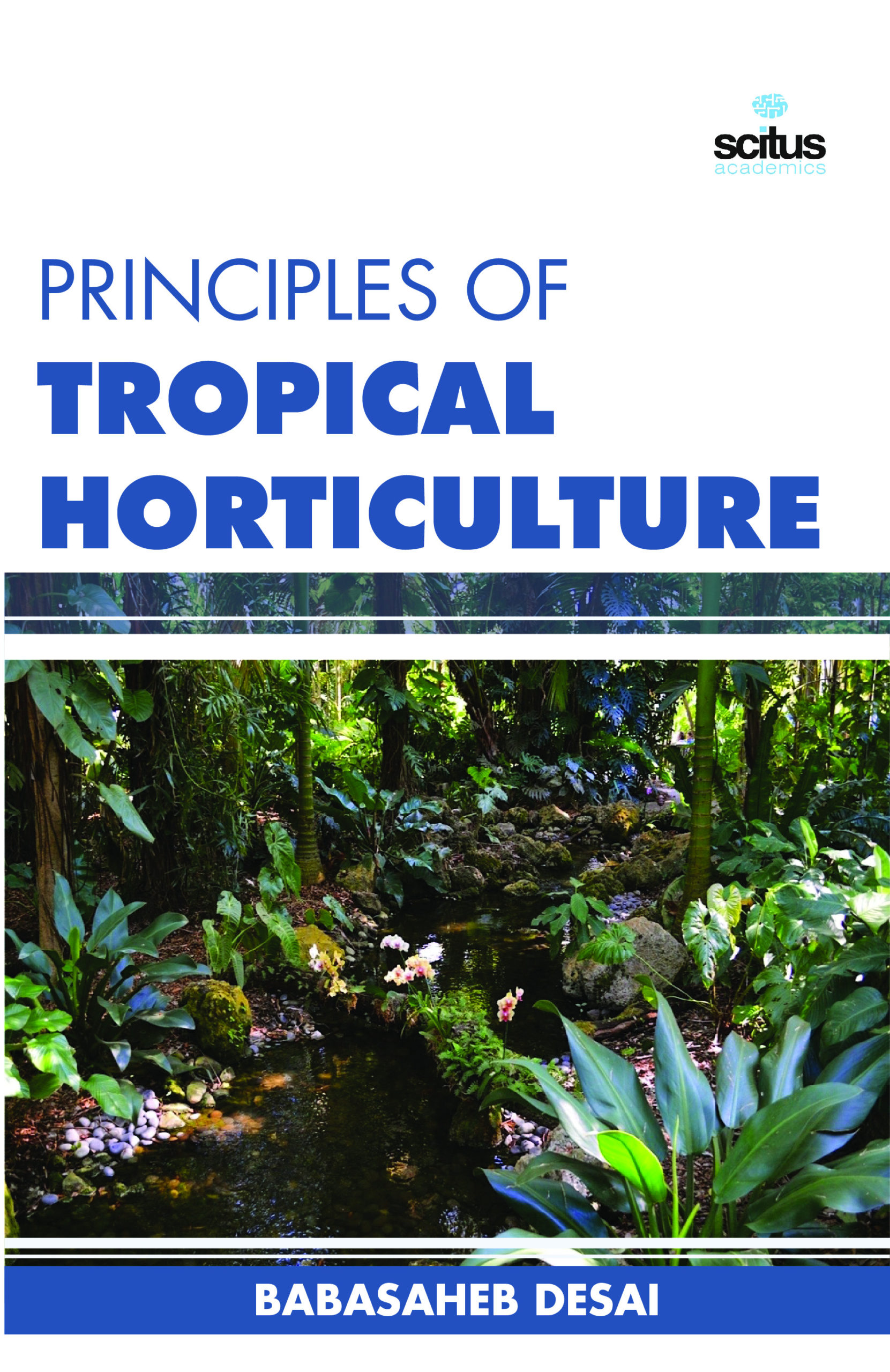Tropical horticulture is a branch of horticulture that studies and cultivates plants in the tropics, i.e., the equatorial regions of the world. “TropHort” is an abbreviation for Tropical Horticulture. Tropical Horticulture covers plants such as perennial woody plants (arboriculture), ornamentals (floriculture), vegetables (olericulture), and fruits (pomology) including grapes (viticulture). The origin of many of these crops is not in the tropics but in temperate zones. Their adoption to tropical climatic conditions is an objective of breeding. Many important crops, however, are indigenous to the tropics. The latter embrace perennial crops such as oil palm, vegetables including okra, field crops such as rice and sugarcane, and particularly fruits including pineapple, banana, papaya, and mango. A plant will interact with other plants, often to different species and other organisms to create a balanced community. Ecology is the study of this balance. In growing plants for our own ends we have created a new type of community which creates problems – problems of competition for the environmental factors between one plant and another of the same species, between the crop plant and a weed, or between the plant and a pest or disease organism. These latter two competitive aspects create the need for crop protection.













